Whether you’ve stepped into the shower and experienced an unexpected Arctic surprise or you find yourself wearing three layers around the house just to keep warm, having no hot water or heating is a real pain.
However, before you give our experienced team a call, there are a few simple ways that you can identify and solve some common problems with both conventional and combi boilers.
Possible Reasons For No Hot Water or Heating
Before you roll up your sleeves and try to fix your no hot water or heating situation, it’s important to understand the root of the problem.
With most conventional or combi boilers, you’ll find the source of the problem usually boils down to something simple. Below we have listed some things to look out for to help you diagnose the issue:
1) Low boiler pressure
Is your boiler’s built-in pressure gauge showing one bar or less? Then the problem could be low pressure. This can happen when there’s a water leak in the system, the pressure relief valve needs changing, or as a direct result of bleeding the radiators.
2) A radiator doesn’t heat up
Sometimes cold patches in radiators can cause the issue of no heating. This often occurs when there’s a build-up of sludge or air is trapped inside the system which causes an unequal distribution of heat. If the bottom of the heater is warm but the rest is not, you can simply bleed the radiator to fix this issue.
3) Loud banging or whistling noises coming from your boiler
This deafening issue can occur for a number of reasons. For instance, if your conventional or combi boiler is making noises, it could mean that there’s air in the system, low water pressure, a faulty pump or a sign of kettling.
4) Frozen condensate pipes
New boilers condense, meaning a small amount of waste gas is turned to water as it cools and drains outside via the condensate pipe. In the winter months, this can easily freeze and cause a blockage.
5) Intermittent heat and hot water
This issue usually occurs when you have broken diaphragms and airlocks, faulty motorised valves, a broken thermostat or low water levels.
6) Your boiler switches itself off
This is a sign that your boiler pressure could be too low, there’s a blockage in the system restricting water flow or the pump is at fault for restricting water flow.
7) The pilot light keeps switching itself off
The pilot light is the blue flame that stays lit under the boiler. If this keeps turning off, you most likely have a faulty thermocouple which is stopping the gas supply from reaching the boiler.
8) A faulty or unreliable thermostat
If your thermostat is losing accuracy or is turning itself on and off whenever it chooses, you need to get another one.
9) A leak or drip
One of the most common causes is a broken internal component like a pump seal or pressure valve.
10) Kettling
Are there unusually loud noises coming from your boiler and pipes? Kettling is often caused by a build-up of limescale or sludge inside the system which blocks the flow of water inside the heat exchanger, making it overheat and generate these dreadful noises.
6 Quick Boiler Fixes Before Calling an Engineer
Now you know what the possible issue could be, here are a handful of different things you can try before you have to call an engineer.
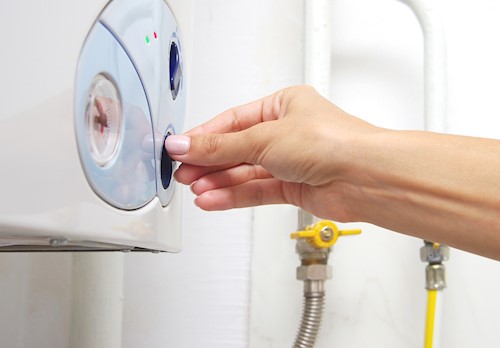
1) Re-programme your boiler’s timer
If you’ve experienced a power cut recently, it’s worth following this step. Refer to the instruction manual for a reminder on how to do this.
2) Check the pressure gauge
If the reading is of one bar or less, low pressure could be the reason why you’ve got no hot water or heating. For a simple step-by-step guide on how to top up the pressure, read our previous blog here.
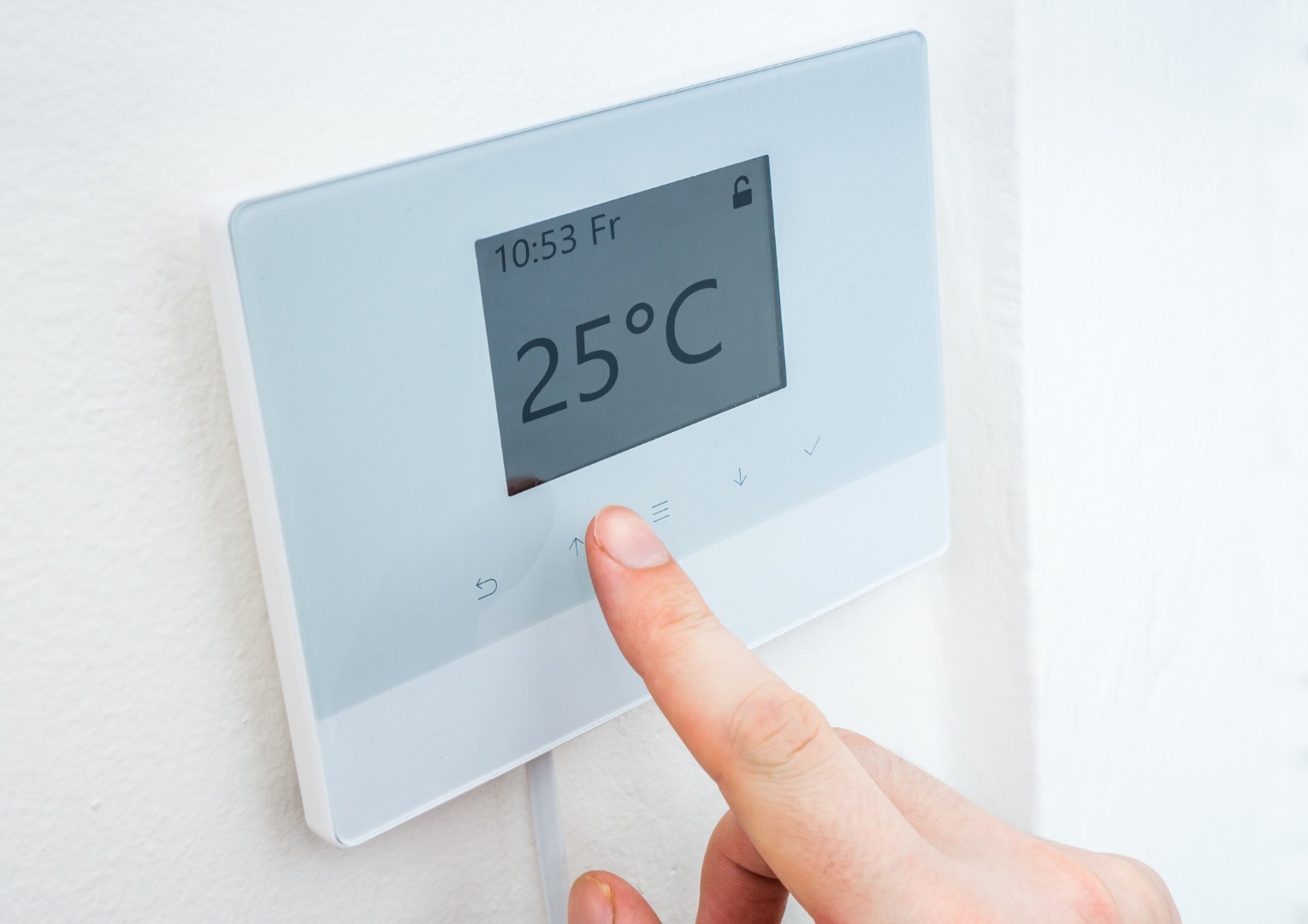
3) Turn your room thermostat up
If your room thermostat is set lower than 21 degrees, this can stop your heating from coming on. So, turn it up above this temperature and see if your boiler starts working again.
4) Reset your boiler
Sometimes it’s worth resetting the boiler according to its instructions. If yours was made before 2004, there’s a high probability that it’ll have a pilot light instead of a reset button – meaning you’ll have to see if it’s on around the back. If it’s not, you might be able to relight it yourself by following the instruction manual.
5) Check for leaks
Look for patches on ceilings, peeling or flaking paint on or around the pipes, swollen woodwork and mould patches. If a leak is being caused by loose joints or a damaged boiler seal, you can easily tighten or replace these parts.
6) Check your water supply
If you have a conventional boiler system and your hot water heater isn’t working, then you should see if there’s enough water in your header tank. If this has run dry, there may be a problem with the ballcock seizing, which stops it from refilling.
Still No Luck?
None of our quick fixes worked? Then it’s time to call in an expert. With over 20 years of experience, our team of highly skilled Gas Safe Engineers at Plunger have all the tools required to solve any conventional or combi boiler issue.
We also appreciate how inconvenient it is to have no hot water or heating, that’s why we can even organise a rapid same day repair.
Simply call or book an engineer today.


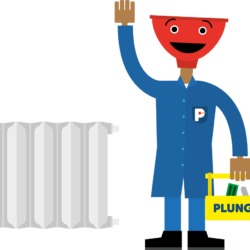
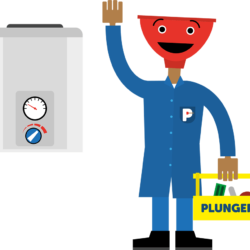
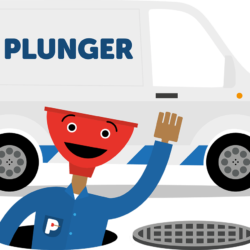
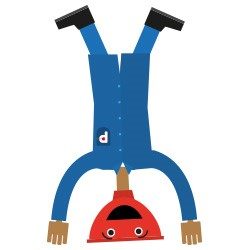
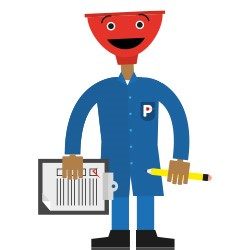
 Possible Reasons
Possible Reasons